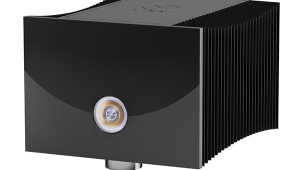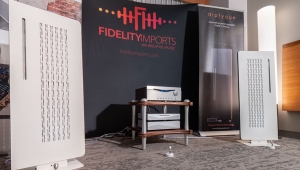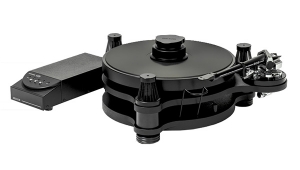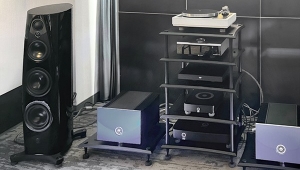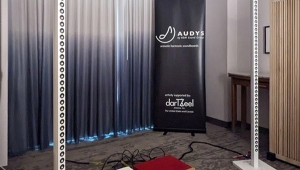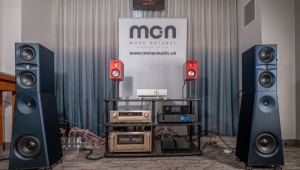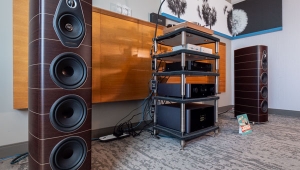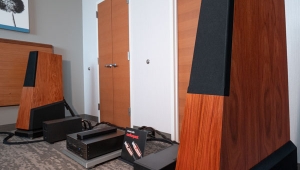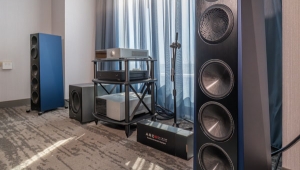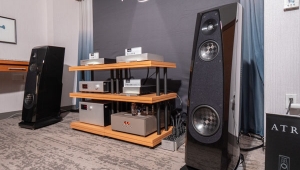| Columns Retired Columns & Blogs |
Critical Period for Satellite Radio
The nascent satellite radio industry has entered a critical phase, with both XM Radio and Sirius Satellite Radio posting losses for the fourth quarter. Combined, the two companies have yet to sign up a half-million subscribers.
Sirius is in the worse shape of the two, suffering heavy startup costs and sluggish subscription activity. For the fourth quarter, the company posted a net loss of $122.1 million, compared with a loss of $72.7 million for the same period a year earlier. Revenue for 2002 totaled $685,000.
Sirius went live in July, and ended the year with fewer than 30,000 subscribers. The company had no revenue in 2001, and earlier this year held off what appeared to be a certain bankruptcy filing with an exchange-for-stock of its $1.2 billion debt. The coming 12 months will be a make-or-break period for Sirius, which claims to have the capital to operate into the second quarter of 2004. The company will need about $100 million more in funds to reach cash flow breakeven, according to the Wall Street Journal.
XM Satellite Radio is in better shape, having gotten a jump-start on signups for its service, launched November 12, 2001. The company added 145,605 subscribers in the fourth quarter, bringing its total subscribership to 347,159. The surge in new customers didn't hold off a net loss, however: XM posted a loss of $155.9 million for the fourth quarter, compared with a loss of $143.9 million in the same period last year.
XM projects 130,000 more subscribers to sign up in the current quarter. The company has also had some steep financial hurdles to clear. During the fourth quarter, it was the beneficiary of a $475 million funding package from General Motors Corporation, parent company of Hughes Electronics and satellite broadcaster DirecTV. That deal gave XM $225 million in new funds and $250 million in payment deferrals, enough to sustain it through the end of 2004.
- Log in or register to post comments
















